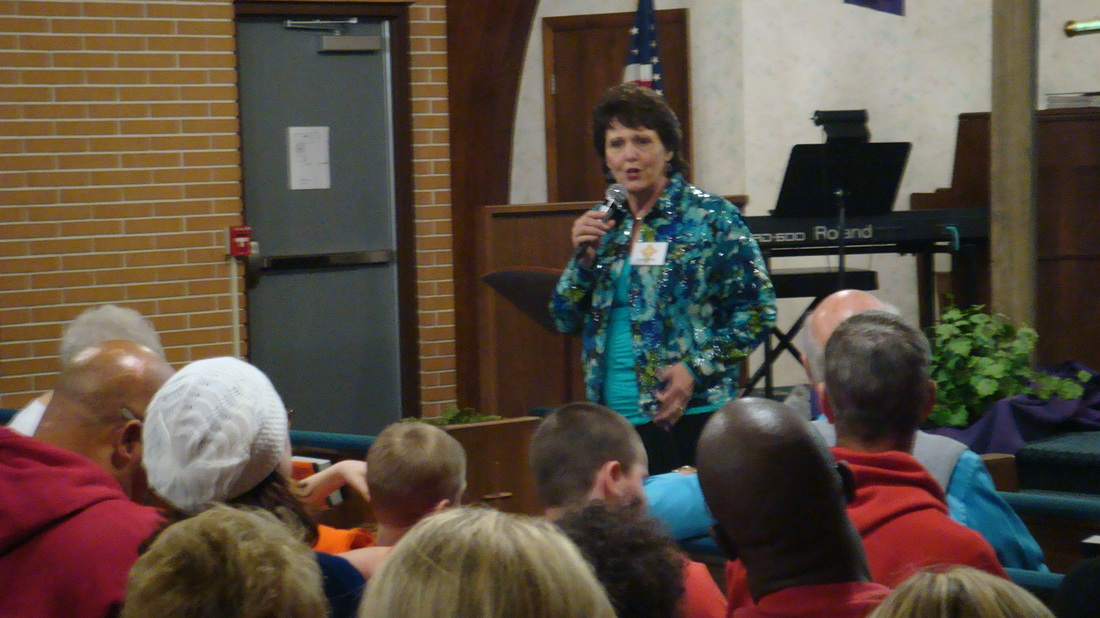

Forensic Expertsįorensic experts testify in a wide variety of cases. Engineering experts can give opinions regarding complex issues regarding product design and safety. They typically testify in product liability, injury, and defect cases. These experts are usually design and engineering professionals. Vocation experts can offer their opinions on the amount of time it will take for someone to be trained for a certain skill or job and the amount of income that person can earn at the job. These experts are usually involved with discrimination, injury, and divorce cases. These experts deal with whether and how a person can return to work. Mental health experts may also testify regarding whether a person was of sound mind when they did something or whether they were able to form the requisite intent to perform a certain act. They provide testimony regarding possible diagnoses for people or the effects of a mental health issue on people. Mental health experts are mental health professionals like doctors, nurses, psychologists, and therapists. Medical experts are able to provide judges and juries with information about a plaintiff’s pain and suffering, the medical procedures the plaintiff had to go through, and the likelihood of the plaintiff’s recovery.

Medical experts usually testify in cases like medical malpractice, personal injury, or car accident cases. Medical experts include doctors, nurses, dentists, or any other medical professional. Some of the more common types of expert witnesses include: Medical experts Which expert to use depends on the type of case and the type of issue that needs explanation. There are as many types of experts as there are types of cases. For example, when a judge or jury is comparing testimony from a party’s family members to a third-party expert, the expert’s testimony may seem more objective. Similarly, attorneys in medical malpractice cases frequently use expert witnesses to show that a doctor committed malpractice by negligently performing a surgery, failing to properly diagnose a medical issue, or generally performing below the proper standard of care.Īlso, judges or juries may view expert witnesses’ opinions as unbiased compared to other witnesses. However, the plaintiff’s attorney may employ an expert witness to “reconstruct” the accident or to investigate whether or not the truck’s brake system was defective and was the actual cause of the accident. They might say they saw the truck collide with the plaintiff’s car and cause serious damage to the plaintiff’s vehicle.

An expert witness’ opinion, based on their specialized training and experience, can assist the jury or judge in better understanding the complex issues.įor example, suppose a fact or lay witness is called to testify in a truck accident case about what they saw during the incident in question. Therefore, attorneys will use expert witnesses in cases that involve complicated facts. Why Do Attorneys Use Expert Witnesses?īecause expert witnesses are able to testify about their opinions and a wider variety of topics than fact or lay witnesses. Merrill Dow Pharmaceuticals, Pennsylvania continues to follow the Frye standard.

While many courts have abandoned the Frye standard for the standard provided in the Daubert v. The Frye standard requires that a court decide if the procedure, technique, or principles used by the expert were generally accepted by a substantial proportion of the relevant scientific community. The expert’s methodology is generally accepted in the relevant field.Īdditionally, Pennsylvania follows the standard for the admission of scientific evidence found in the case Frye v.the expert’s scientific, technical, or other specialized knowledge will help the trier of fact to understand the evidence or to determine a fact in issue and.the expert’s scientific, technical, or other specialized knowledge is beyond that possessed by the average layperson.Pennsylvania law states that a witness may qualify as an expert witness based on their specialized training and experience, and testify about their opinion if: This is because the expert’s opinion is based on their specialized experiences and training. The important difference between a fact witness and an expert witness is that an expert witness can provide their opinion on an issue, but a fact witness cannot. Generally speaking, an expert witness is a person with specialized training, knowledge, experience, or education that allows them to help explain complex facts to the jury or court.


 0 kommentar(er)
0 kommentar(er)
